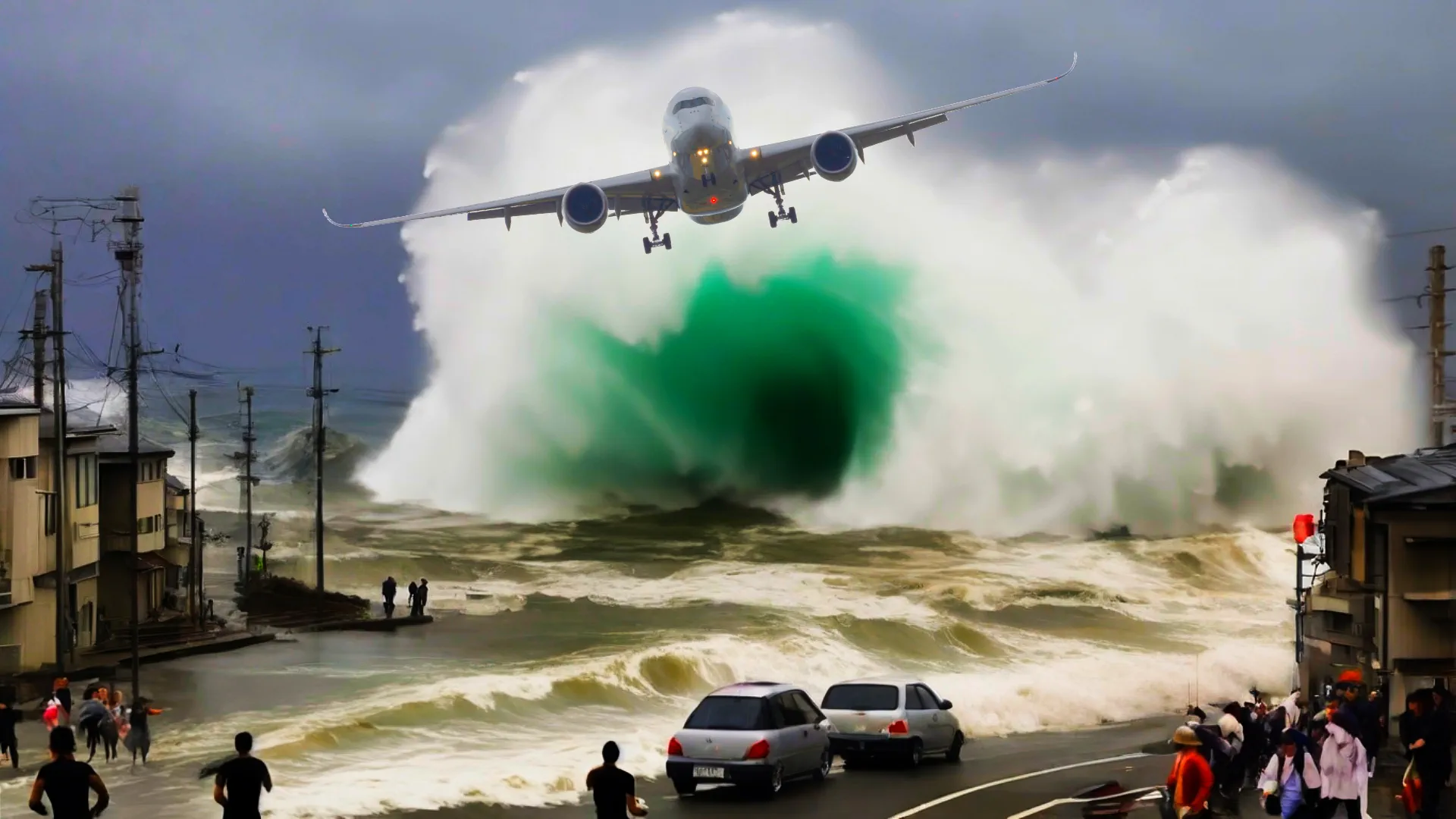
Earthquake and Tsunami Japan 2024.
In recent times, our planet has been thrown into chaos by erratic weather patterns, unleashing widespread disruption and unprecedented events. From natural disasters to severe weather conditions, Earth is in the grip of a tumultuous phase. The unmistakable signs of a climate crisis are growing more evident. Speaking about some of the remarkable incidents that have unfolded across the globe, we should definitely mention the recent events in Japan.
Deadly earthquake hits Japan, triggering a tsunami warning.
A devastating earthquake on New Year's Day wreaked havoc in Japan, claiming the lives of at least 48 people. The quake, with a preliminary magnitude of 7 point 6, struck on a fateful Monday afternoon, inducing panic in coastal areas as tsunami waves battered Japan's western seaboard, washing away cars and houses.
As of Tuesday, January 2, rescue teams faced a daunting challenge reaching isolated areas with toppled buildings, wrecked roads, and tens of thousands of homes left without power. A massive rescue crew comprising 3,000 army personnel, firefighters, and police officers mobilized to the Noto peninsula in Ishikawa prefecture, where the earthquake's impact was severe. Prime Minister Fumio Kishida emphasized the urgency of the search and rescue efforts, acknowledging the uphill battle responders faced, particularly in the northern tip of the Noto peninsula.
The disaster prompted the suspension of rail services and flights, leaving more than 500 people stranded at Noto's airport. In coastal town Suzu, around 1,000 houses may have been destroyed, amplifying the scale of the catastrophe.
The Japan Meteorological Agency swiftly issued tsunami warnings along the western coastal regions. While initial reports from Wajima in Ishikawa prefecture indicated waves of approximately 1 point 2 meters, however, there was no immediate damage reported.
Despite the presence of several nuclear power plants in the affected areas, Japan's nuclear authority assured that there was no risk of radioactivity leaking.
Following Japan's powerful earthquake, South Korea's east coast experienced a tsunami measuring under one meter. South Korea's meteorological agency promptly cautioned residents to take precautions and move to higher ground. Meanwhile, North Korea also issued tsunami warnings for its coast, anticipating waves of more than 2 meters. The alert extended beyond the Korean Peninsula, affecting parts of Sakhalin island's western coast and the mainland Primorsk and Khabarovsk regions in Russia. These areas, situated close to Japan on Russia's Pacific seaboard, are under the threat of a potential tsunami.
This recent seismic event rekindles memories of the catastrophic 9 point 0 magnitude earthquake in 2011, which triggered a tsunami, claiming nearly 18,000 lives and causing a nuclear meltdown at the Fukushima power plant - a somber reminder of the profound impact of natural disasters on Japan.